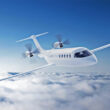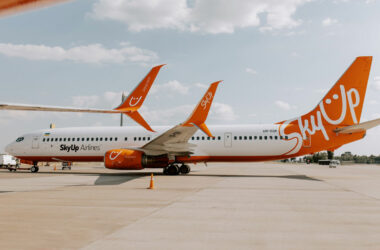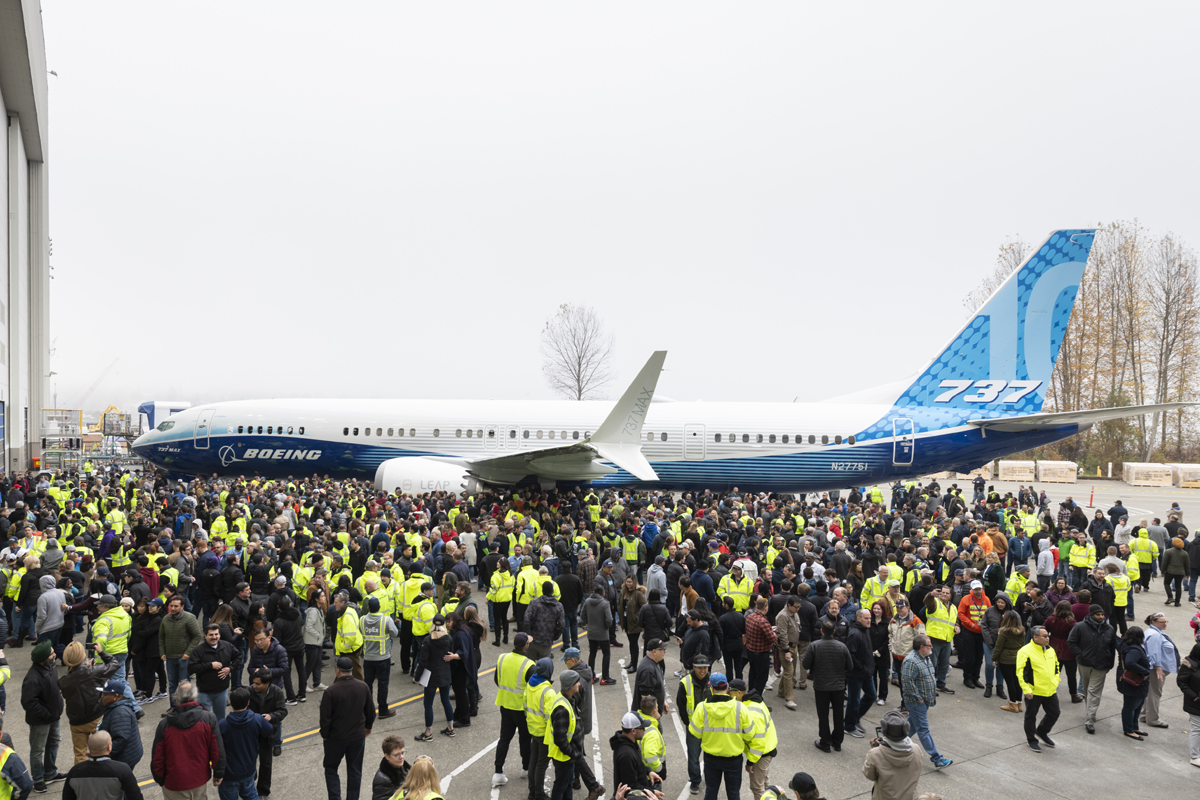The political change in Argentina, which elected an ultra-right president, Javier Milei, had an impact on air travel between the South American country and Cuba.
If in the previous administration, led by leftist Alberto Fernandéz, the focus was on strengthening ties with socialist and communist countries, his successor brought Argentina closer to the United States.
The episode in which a Boeing 747-300 from the Venezuelan airline Emtrasur was detained in Buenos Aires and later handed over to US authorities shows how much diplomacy has changed from one government to another.
The cargo aircraft would belong to the Iranian company Mahan Air, which uses it to transport weapons to countries allied with Tehran, according to the US government.

Ban on refueling
Last week, another situation caught attention. The Cubana de Aviación carrier had to cancel its weekly flight between Havana and Buenos Aires after a ban on refueling the Airbus 340-300 operated on the route.
ccording to ADS-B records, flights CU360 and CU361 have not occurred since the end of March. Cubana uses a four-engine aircraft leased from the Spanish airline Plus Ultra as its long-range fleet consists of two old Ilyushin Il-96-300s.
Follow ADN: Instagram | Twitter | Facebook
Cubana regretted the situation stating that it has authorization from the Argentine National Civil Aviation Administration (ANAC).
As with the arrest of the Boeing 747, the supply ban is part of Washington’s sanctions.

Unprofitable flight
Shortly before the Cubana imbroglio, Aerolíneas Argentinas also ended its flights to Cuba. In January, the airline announced that the route would be discontinued from March 8th.
The argument would be economic since the flight had caused a loss of US$500,000.
Political polarization in the region, however, reinforces the impression that links between some countries depend on the side of each ruler.
Brazil, for example, stopped having direct flights to Venezuela during the government of right-wing president Jair Bolsonaro.
As soon as the current left-wing president Luiz Inácio Lula da Silva took office, the state carrier Conviasa announced flights to cities in northern Brazil.






